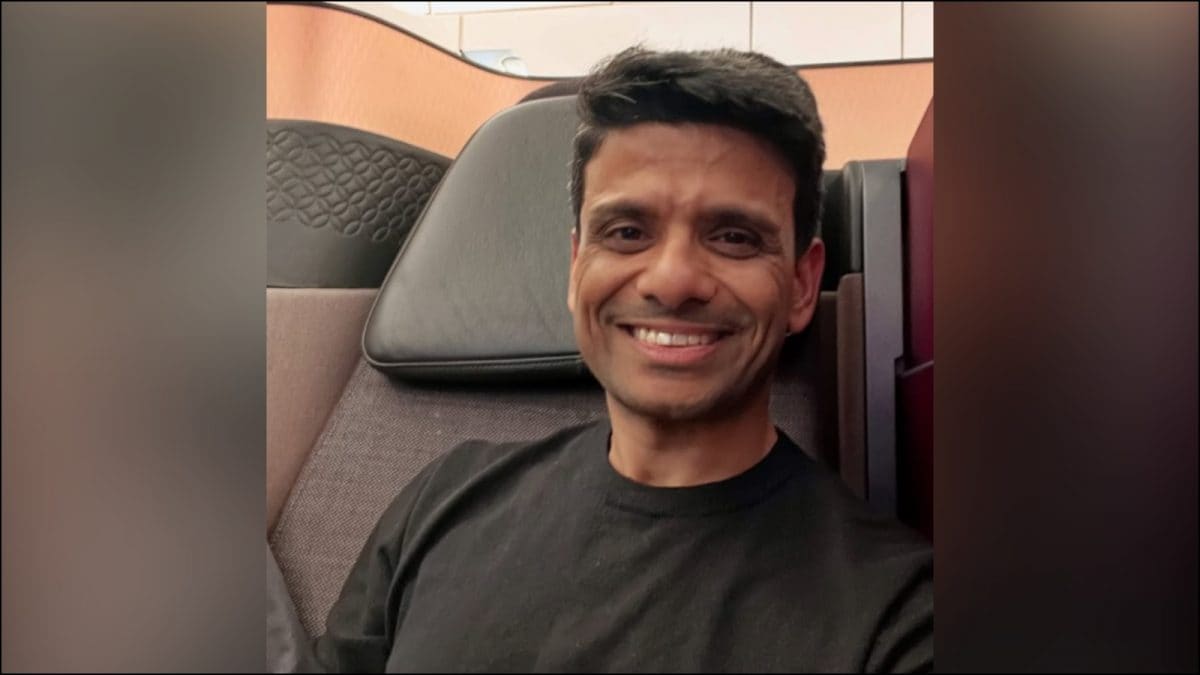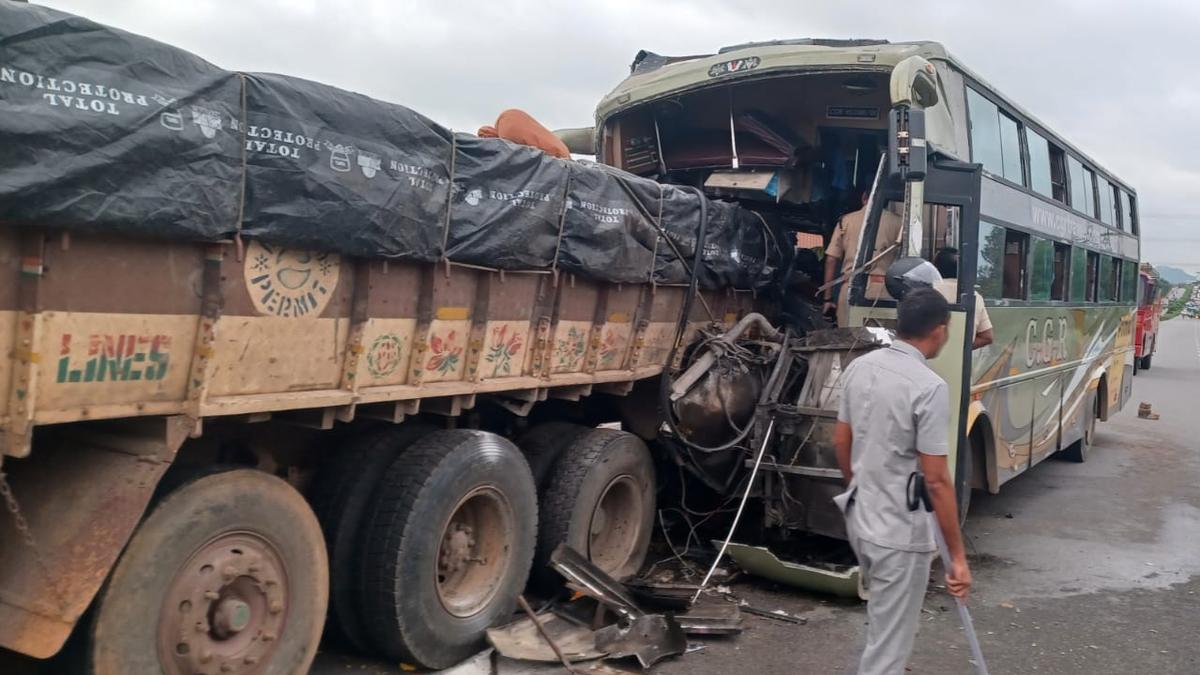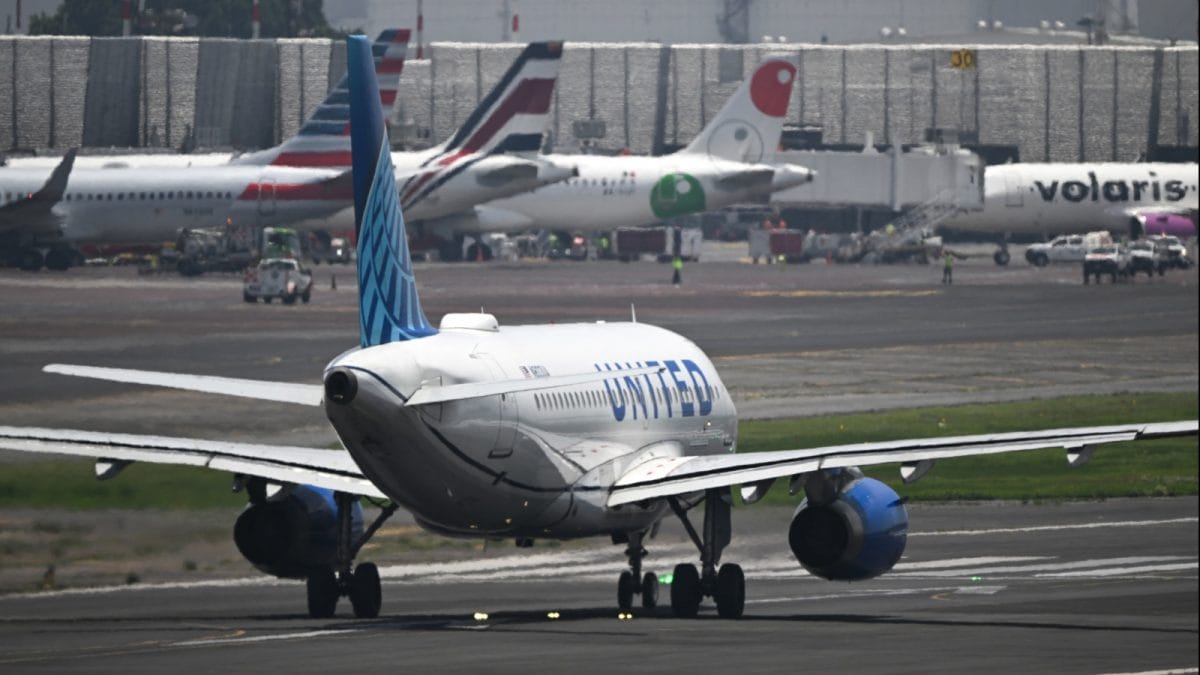Ganesh Pavara had a challenging task on the eve of Independence Day. Managing with a feeble mobile network in his North Maharashtra hamlet, where electricity is yet to reach, he downloaded a video explaining how to tie a flag to a pole, so that it unfurls without a hitch.
On Friday (August 15, 2025), leading a group of about 30 children and locals, the 20-something Pavara ensured that his remote Udadya hamlet, nestled in the Satpura range in Nandurbar district, witnessed its maiden flag hoisting.

The hamlet, around 500 km from Mumbai and about 50 km from the nearest tehsil, has a population of 400, but has no government school. Pavara teaches at an informal school run by the NGO YUNG Foundation.
“This region is endowed with natural beauty, fertile soil, and the Narmada River flows through it. But being a hilly belt, it is difficult to reach,” says Sandeep Deore, founder of the YUNG Foundation.
The foundation, which has been implementing education interventions in the region for three years, decided that the national flag should be hoisted in the hamlets of Udadya, Khaparmaal, Sadri and Manjnipada on Independence Day this year.
More than 250 children enrolled in the four schools run by the foundation were present at the flag-hoisting ceremonies on Friday (August 15, 2025), besides local villagers.
There is no government school or a gram panchayat office in these hamlets, hence, a flag-hoisting never took place in the last seven decades.
The idea was not only to achieve a "first" but also to educate the local people about their democratic rights, said Mr. Deore.

"The tribals here live a very independent life, but all of them may not know things like the rights guaranteed by our Constitution," he said.
They often get fleeced or exploited while working as labourers or in day-to-day transactions, Mr. Deore pointed out.
Many settlements, including Sadri, don't have road connectivity.
Bhuvaansingh Pavra, a resident of Sadri, said people have to either walk for several hours or depend on a boat that plies on the Narmada to visit other villages in the area.
The school of YUNG Foundation operates on his land. The lack of education is the biggest problem, and the next generation should not suffer from it, he said.
The electricity grid has not reached any of the hamlets, and a majority of households depend on solar panels.
Locals here speak the Pawari dialect, quite different from standard Marathi or Hindi, making it difficult for outsiders to communicate with them.
Mr. Deore said it was difficult initially to win the trust of the people, but once they were convinced about the genuineness of the cause, it was easy to secure their cooperation.
The foundation depends on donations to pay its teachers and procure basic infrastructure for its schools. But it can not implement a mid-day meal scheme, like in government schools, as these are informal schools.
The anganwadi workers appointed by the government often stay away from these remote hamlets. There are, however, exceptions like Aajmibai, an anganwadi worker at Khaparmaal, who stays in the village allotted to her and does her job diligently.



.png)
.png)
.png)
















 1 hour ago
3
1 hour ago
3









 English (US) ·
English (US) ·